OUR SPEAKERS
Meet the future visionaries & writing industry experts
We have gathered together world-renowned thinkers and writers to help us create the most inspiring, most detailed, most worked-out and workable visions of a generative future.
And we have writing industry experts with the experience to help our writing reach the widest possible audiences.
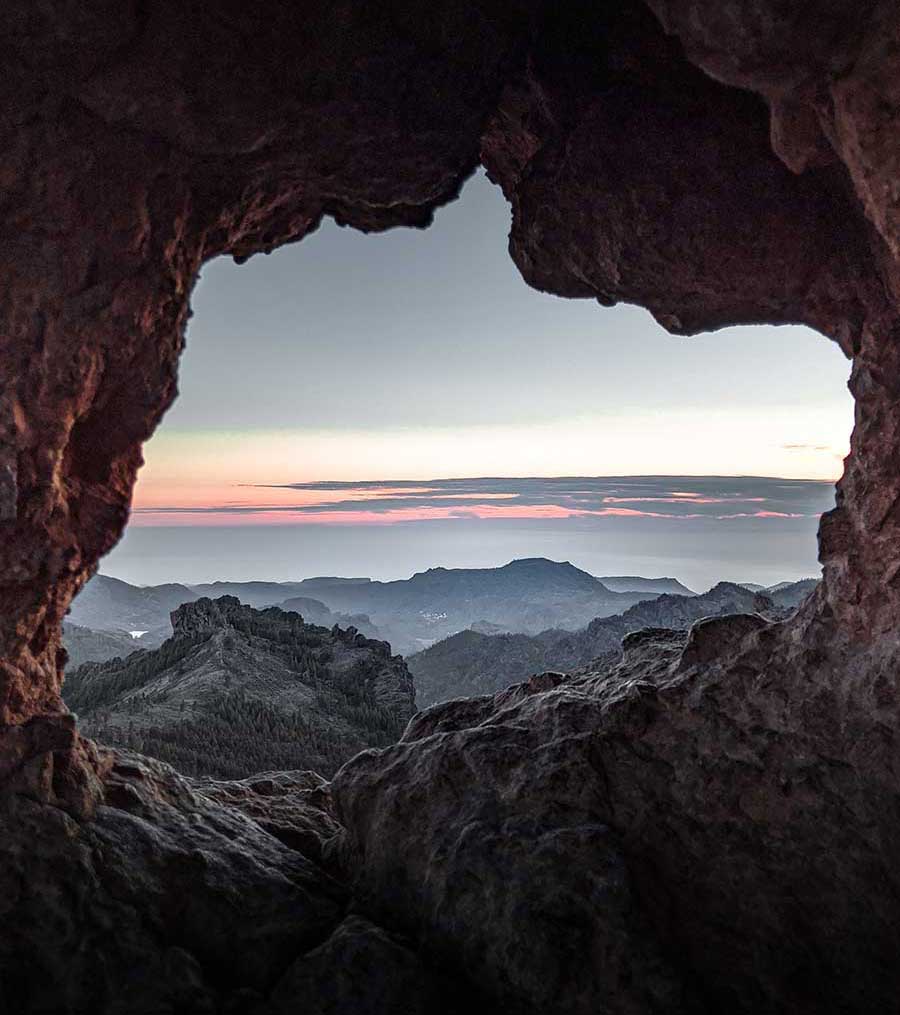
The future thinkers and visionaries leading 12 inspirational SPARK sessions:
Use the + icons to find out more about each speaker.
Or to go straight to the INDUSTRY EXPERTS section click here.
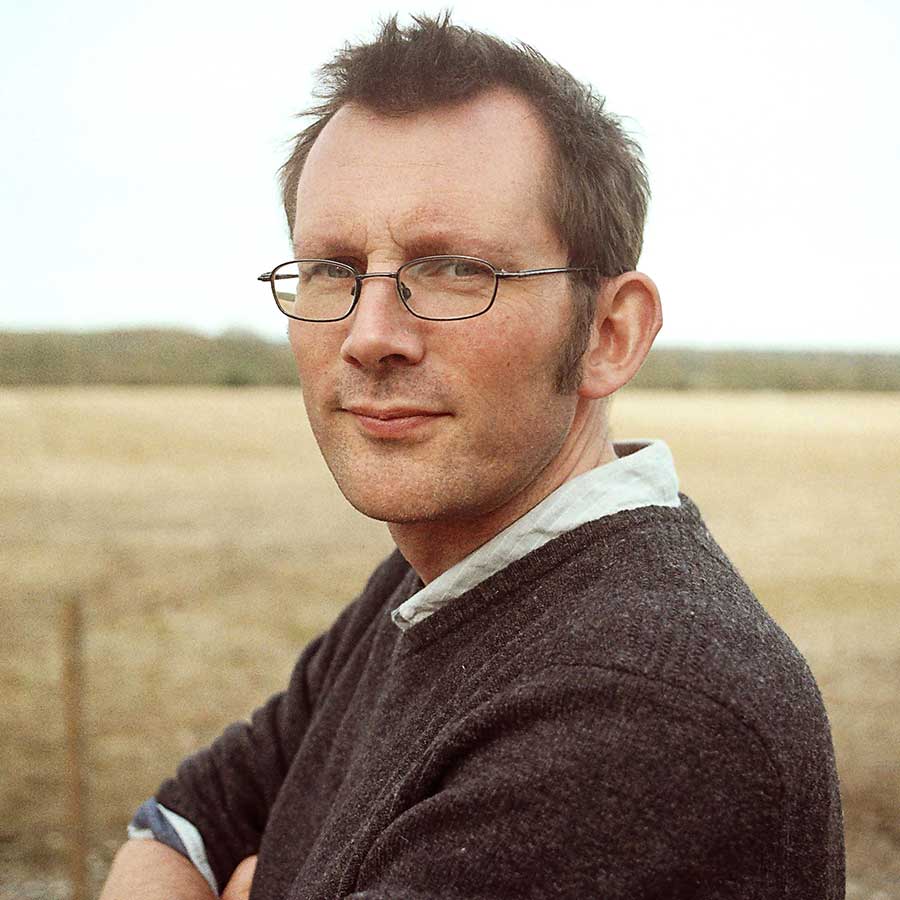
From What is to What if? – with Rob Hopkins
Rob Hopkins is a cofounder of Transition Town Totnes and Transition Network. He is the author of The Transition Handbook, The Transition Companion, The Power of Just Doing Stuff, 21 Stories of Transition and, most recently: From What is to What if: unleashing the power of the imagination to create the future we want.
He presents the podcast series, ‘From What If to What Next’ which invites listeners to send in their “what if” questions and then explores how to make them a reality. In 2012, he was voted one of the Independent’s top 100 environmentalists and was on Nesta and the Observer’s list of Britain’s 50 New Radicals.
He has appeared on BBC Radio 4’s Four Thought and A Good Read, in the French film phenomenon Demain and its sequel Apres Demain, and has spoken at TEDGlobal and three TEDx events.
An Ashoka Fellow, he holds a doctorate degree from the University of Plymouth and has received two honorary doctorates from the University of the West of England and the University of Namur. In 2020 he was a member of the Cambridge Sustainability Commission on Scaling Sustainable Behaviour Change. He is a keen gardener, a founder of New Lion Brewery, and a director of Totnes Community Development Society, the group behind Atmos Totnes, an ambitious, community-led development project.
Rob will set the field for the remainder of the Course: as a passionate advocate of imagination as a primary tool in our ability to define and shape the future, he will bring his wide, deep experience of what happens when communities are able to harness their collective imagination, partly from the Transition movement, a real life experiment in the real world, and what can arise from it. Rob will offer an overall frame in practical, neurophysiological, spiritual and material terms of why we need to do this and what the potential is, inspired by Walidah Imarisha’s statement that “you cannot build what you cannot imagine”. Given his belief that an entirely different mode of education is the key to a regenerative future, he will outline the possibilities and potential of changing our system.
The Masterclass that follows will pick up on Rob’s themes of What If…? What if our imaginations run free? We will explore the themes of frames: what they are and how they work and how they underlie everything we write. We will begin the journey of exploring the boundaries of our own frames, and what might happen if we let them soften and change.
Rob’s website is here.
Even among people who work with in the 'creative industries', their imagination seems increasingly harnessed to create demand for things nobody really needs...almost as if imagination has been co-opted in the service of our own extinction. But what if imagination is exactly what we need to prevent it?
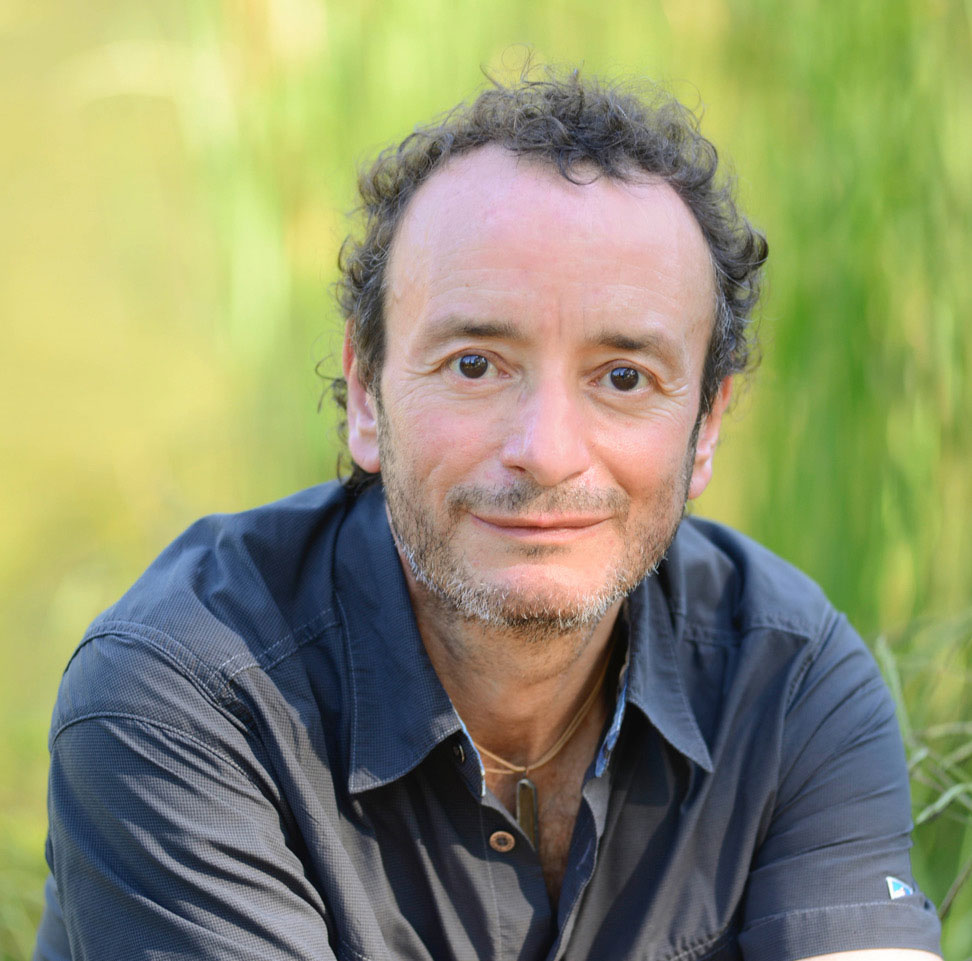
ENVISIONING AN Eco-Civilisation – with Jeremy Lent
Jeremy Lent, described by George Monbiot as “one of the greatest thinkers of our age,” is an author and speaker whose work investigates the underlying causes of our civilization’s existential crisis, and explores pathways toward a life-affirming future. His award-winning book, The Patterning Instinct: A Cultural History of Humanity’s Search for Meaning, examines the way humans have made meaning from the cosmos from hunter-gatherer times to the present day. His new book, The Web of Meaning: Integrating Science and Traditional Wisdom to Find Our Place in the Universe, offers a solid foundation for an integrative worldview that could lead humanity to a sustainable, flourishing future. He is founder of the nonprofit Liology Institute and writes topical articles exploring the deeper patterns of political and cultural developments at Patterns of Meaning, and has recently formed the Deep Transformation Network. Jeremy will discuss the concept of an Eco-Civilisation. What would this look like and how can we get there?
The masterclass that will look at building underpinnings of new realities starting from now… how do we do this? What if we refocussed our attention away from scarcity towards abundance?
It’s a bold idea to transform the very basis of our civilization to one that’s life-affirming. But when the alternative is unthinkable, a vision of a flourishing future shines a light of hope that can become a self-fulfilling reality. Dare to imagine it. Dare to make it possible by the actions you take, both individually and collectively—and it might just happen sooner than you expect.

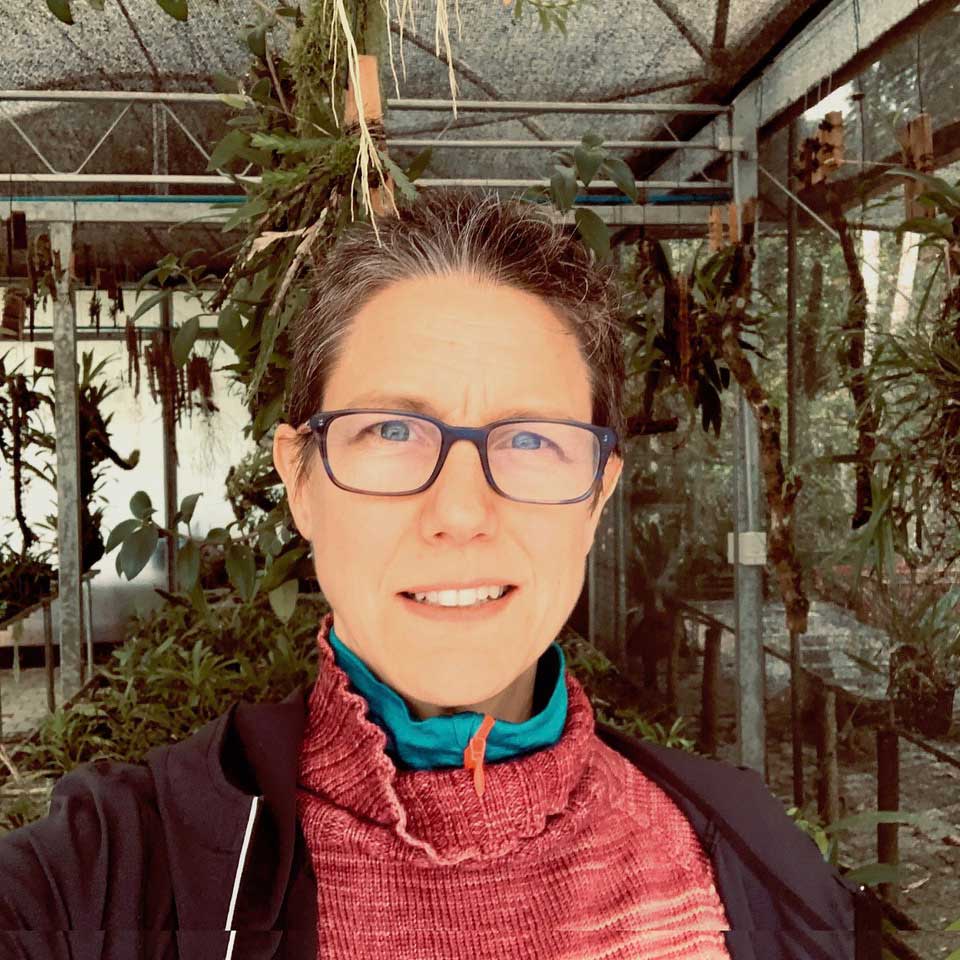
The nature of business in a regenerative world – with B. Lorraine Smith
B. Lorraine Smith is a writer and an independent consultant. She imagines a future where the economy serves a thriving society within a healthy biosphere. She invests her time in making that idea reality.
As a writer, Lorraine shares her ideas introducing different people, places and possibilities that are showing signs of that future emerging today, with the occasional dose of climate-fiction from the perspective of tomatoes, as in Tomato A, 2035.
As a consultant, since 2004 she has been working with companies in Brazil, Canada, Europe, the UK, and the US, collaborating with corporate leaders who are keen to shape the next phase of business. She has extensive experience and perspective in corporate sustainability, including applying international frameworks, methodologies and investor ranking tools.
Having spent these past two decades immersed in the evolving trenches of Environmental, Social and Governance (ESG) reporting and strategy with companies in Banking, Media, Mining, Technology, Food & Beverage, Agriculture and Manufacturing, she is switching gears.
After setting out on a 5-day, 255km run in October 2021, she returned only to unequivocally observe that ESG efforts are not reflective of reality. She stepped out of traditional consulting work to conduct open-source assessments, nick-named “Matereality” as a corporate art project—more details here.
Originally from Toronto, Canada, Lorraine has lived in Australia, Brazil, Germany, New Zealand and New York City. She currently calls Montreal, Canada home.
Lorraine will explore the nature of business in a regenerative world. Currently, businesses focus on maximising shareholder returns. How would they look, feel and function if, instead, their priority was to create the conditions that enable life to thrive? How would we get there?
In the Masterclass that follows, we’ll explore a world in which all businesses serve life, instead of the other way around. How do we give ourselves permission to see this as a possibility? What evidence of this possibility already exist? Which industries already have the necessary components of this? Which industries belong in this future, which ones don’t, and why?
Most importantly, we’ll examine our own roles so we can prioritize and focus: are we part of stopping the harmful practices, creating the regenerative ones, coping with the transition, or a combination of all three?
Lorraine’s website is here.
The goal is to allow all life on Earth to flourish for present and future generations. This entails a paradigm shift in industrial systems so they operate in support of life, healing communities and regenerating ecosystems. It entails a business thriving by becoming an integral contributor to living systems. People want it to be simple, but life (and business) is actually quite complex and we should be accurate about the goal or we will all end up applauding Nike’s financial returns while wearing 50% recycled Air Soles as we run ourselves off a climate cliff.
From Dear Mr. Fink

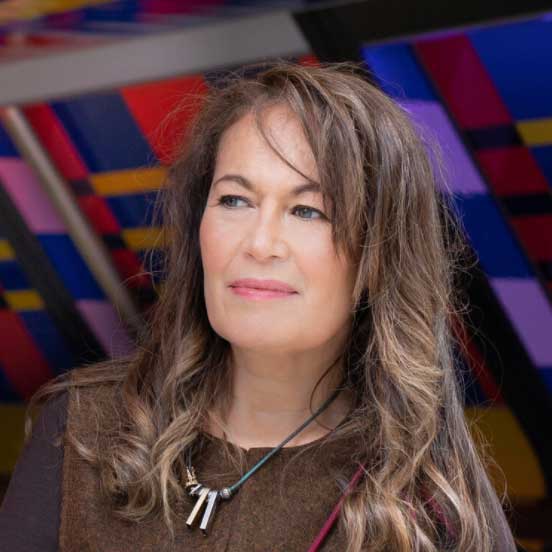
Waking up- the route to a different politics – with Indra Adnan
A trained psychotherapist, Indra Adnan has spent over twenty years building networks and organising events on the themes of future politics, conflict transformation, the role of the arts and integral thinking. In this context she has been consultant to the World Economic Forum, Indian, Finnish and Danish governments, NATO, the Scottish Executive and the Institute of Contemporary Arts.
She is founder and co-initiator, together with Pat Kane, of The Alternative UK, a political platform, which answers the question: if politics is broken, what’s the alternative?
AUK publishes The Daily Alternative blog, and runs community collaboratories around the UK, building Citizen Action Networks (CANs) to reconnect people to cosmo-local eco-systems of solutions available. Central to the vision of an Alternative politics is the interdependency of the complex individual, the community and the planet: I, We, World.
Indra is founder of the Soft Power Network, and a writer and events producer. She is currently co-lead in Bounce Beyond, a social enterprise network doing transformative work to cohere and connect the next global economies.
Her book The Politics of Waking Up: Power & Possibility In The Fractal Age was published last year by Perspectiva Press.
Indra will explore the themes of politics and democracy. If our current system is no longer fit for purpose, what can we replace it with and how can we do so in a way that brings everyone with us? How do we construct a democracy that gives everyone a voice, so that we build a culture and society based on common values and commonly agreed means of making decisions?
The Masterclass will ask the question What if we had a democracy that genuinely served the needs of people and planet? What would it look like? How would it work and how do we as writers construct a path from here to there without resort to the old narratives of heroic gestures, winners and losers, guns and violence?
Indra’s website is here.
[...] Moving into a collective, co-created yearning for something that might help us in the face of existential and material crises, feels as close to a modern-day spiritual journey as anything. To get somewhere, we will need to seize on the new language, build new systems and structures. But we will also need new ontologies – new ways of being and feeling – that help us put new markers down at every stage of the journey.
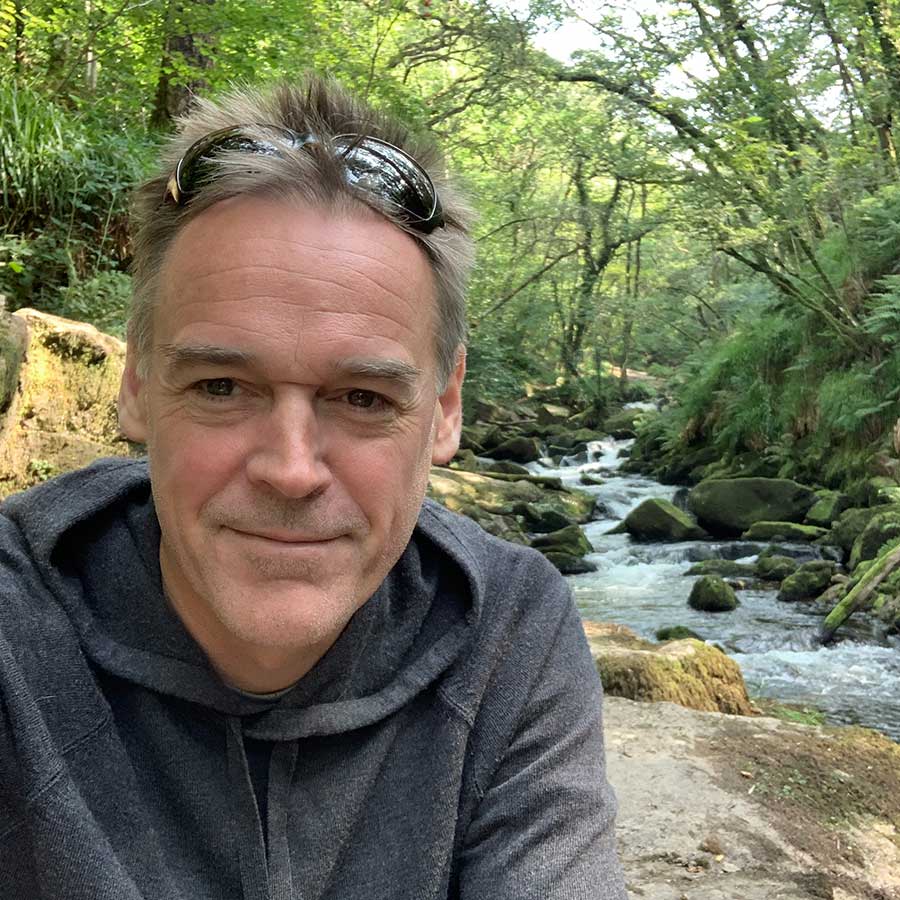
Power: its generation, transmission and use – with Howard Johns
Howard Johns author of energy revolution is an energy engineer, entrepreneur, business leader and activist. Following completing a degree in energy technology and environment in the early 1990s, Howard became a protestor, about energy and climate change, trying to stop amongst other things the digging of an open cast coal mine, and being evicted from a tree in the process. Moving on from saying no to the problems, Howard set about building solutions, eventually founding Southern Solar a national solar energy company, and Ovesco a locally owned renewable energy cooperative. At the same time, he chaired the trade body representing the UK solar industry, finding himself once again a campaigner around energy policy in the process.
A believer in solutions, Howard is convinced we have all the technology and money we need to implement the climate and energy solutions we need. It is now time for lots of people to get involved with making it happen.
Howard will lay out the existing solutions to weaning us off our fossil fuel addiction – specifically the generation, transmission, distribution and use of power in sustainable and regenerative ways: what works (what doesn’t), what’s coming in the immediate future and how a world would look and feel if it were not structured around empowerment of the fossil fuel industries.
In the masterclass that follows, we will explore the entire question of power: What if our power were generated and used locally, how would that change the balance of social and cultural power in our world? In a world where the internet of things is expanding, who owns the data that comes from their use and how do we regain autonomy and agency over our own power use, thus empowering ourselves and our communities?
Howard’s website is here.
It is no longer enough to march in the streets and click the online petitions about things we are unhappy about. We can’t wait for governments to solve this for us. It sis time to organise. It is time to build. It is time to create. … We have the blueprints we need. Now is the time to apply ourselves and speed this revolution.

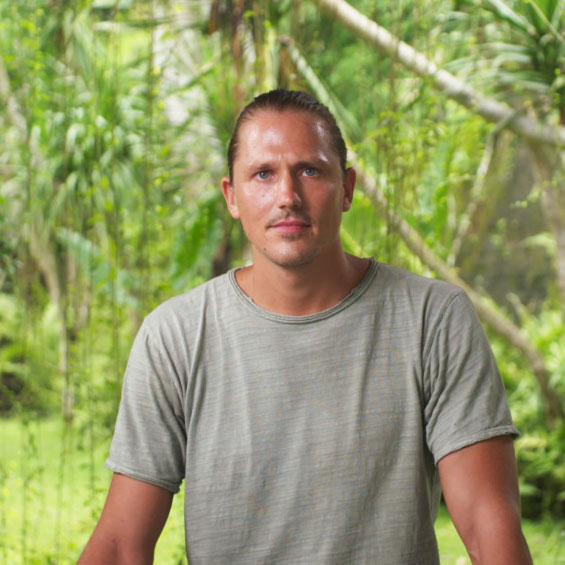
Regenerative Renaissance: Cryptocurrencies, money and a new economic structure – with Rieki Cordon
Rieki Cordon is a map-maker, a creator of paths to a Regenerative Renaissance, seeking ways to build a society in which he would be honoured to raise his children. He envisions a more-free, abundant, beautiful paradise-society and lives in service to the concepts, projects and visions that are demanding to be realised. He is one of the original creator-participants in the SEEDS crypto and social currency, believing that SEEDS is an integral aspect of our future societies that will transition our present culture into a world where people are supported in pursuing their passions and purpose: a world where local, healing food is abundant and affordable; a world of interconnected collectives and economies that are owned by the people that comprise them; a world where the benefits and global abundance is more equitably distritubed for humanit and all life on our planet to flourish and thrive. He is involved in designing the protocols that comprise SEEDS, Hypha, Hypha DAO (aka the People’s DAO), Light Food, OurNeighbourGood and The Heart Collaborative. He helps organise and facilitate the progression of SEEDS and holds space for the story to progress.
Rieki will explore the Regenerative Renaissance as he sees it unfolding, drawing maps of intentional community, smart villages and cities, and a global economy based on a cryptocurrency which allows exchange of value without the intermediaries of banks or national central currencies. He will bring his insights from the formation of the SEEDS currency and the community that has arisen around it, expanding these to a global scale.
The masterclass that follows will explore this most central question: What if our economy worked for the benefit of people and planet, rather than people and planet dying to prop up a voracious economy? If our current world is underpinned by scarcity, separation and powerlessness, what would it feel like to reverse these – and how woud it work?
A conversation with Rieki in his role as SEEDS faciliator
If we agree that the measure of success for a well-designed financial system is that it focuses humanity’s will and attention towards creating things that will encourage humanity to thrive, then we also agree that our present systems are no longer working.
My purpose is to build a society I would be honored to raise my children in.
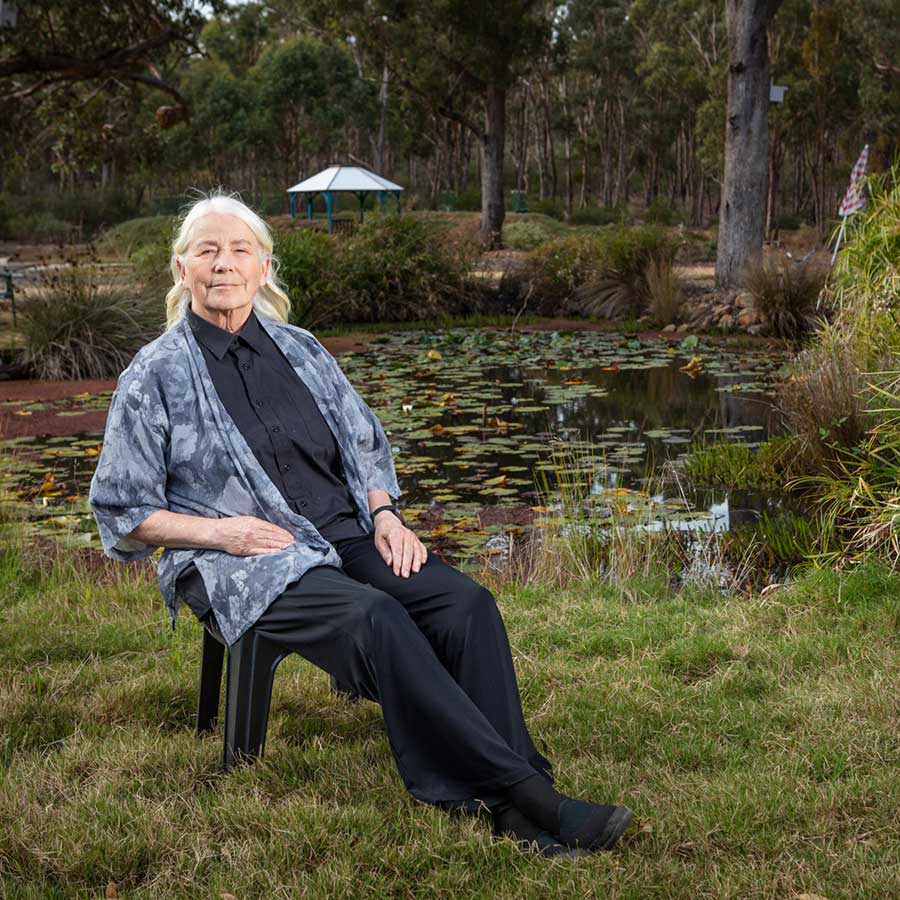
Regenerative Cities – with Professor Janis Birkeland
Professor. Janis Birkeland is Honorary Professorial Fellow in the Faculty of Architecture, Building and Planning in the University of Melbourne. Janis has dedicated her personal, professional and academic life to figuring out what is genuine sustainability and how to achieve it. Throughout her professional career, she has been drawn to figuring out how cities and buildings, despite their huge impacts, can transform society and save the planet. First, she became an architect and urban designer, transferring into city planning. Later, she became a lawyer to better understand the barriers to systems change. Now she is an academic, author of many dozens of papers and a number of books, of which the most recent is ‘Net- Positive Design and Sustainable Urban Development’. She is a clear and consistent advocate for the design of human settlements that are socially and ecologically ‘net positive’.
Janis will describe how urban development can be converted from a major cause of virtually all sustainability issues into positive solutions that increase nature and social justice. Paradoxically, she says development is necessary to fund and fix past mistakes and build genuine social and ecological sustainability. However, she argues that design and production need to be completely rethought and restructured – including the regulatory frameworks, planning methods, decision systems and design concepts. Her work, called Positive Development theory, challenges business-as-usual sustainable development and design and provides a comprehensive, positive alternative.
The masterclass that follows will weave our new understanding of cities and how they might function into all that has gone before with the key question: what if our cities – and the lives we live in them – actually repaired their past environmental impacts, made social and environmental justice possible, supported the natural environment, and increased wilderness and biodiversity? Would there be no struggles or dramas to write about? How would that feel – boring? What would be the points of tension in our narratives? If we’re writing in the 2030s, what would remain to be done and how would we be doing it? The core question will be: What if our cities were genuinely regenerative: How would we live?
There is a gap between volition and building net-positive cities. [Planners] all assume that if people changed their values, then systems would automatically change - without changes in systems design models, methods, and metrics (let alone governance). They see design as 'decision making' (dualistic, mechanistic, reductionist) so they think decisions would be different if only they could change other people's values. That was the view of religions for centuries as well (with similar cyclical corruption).

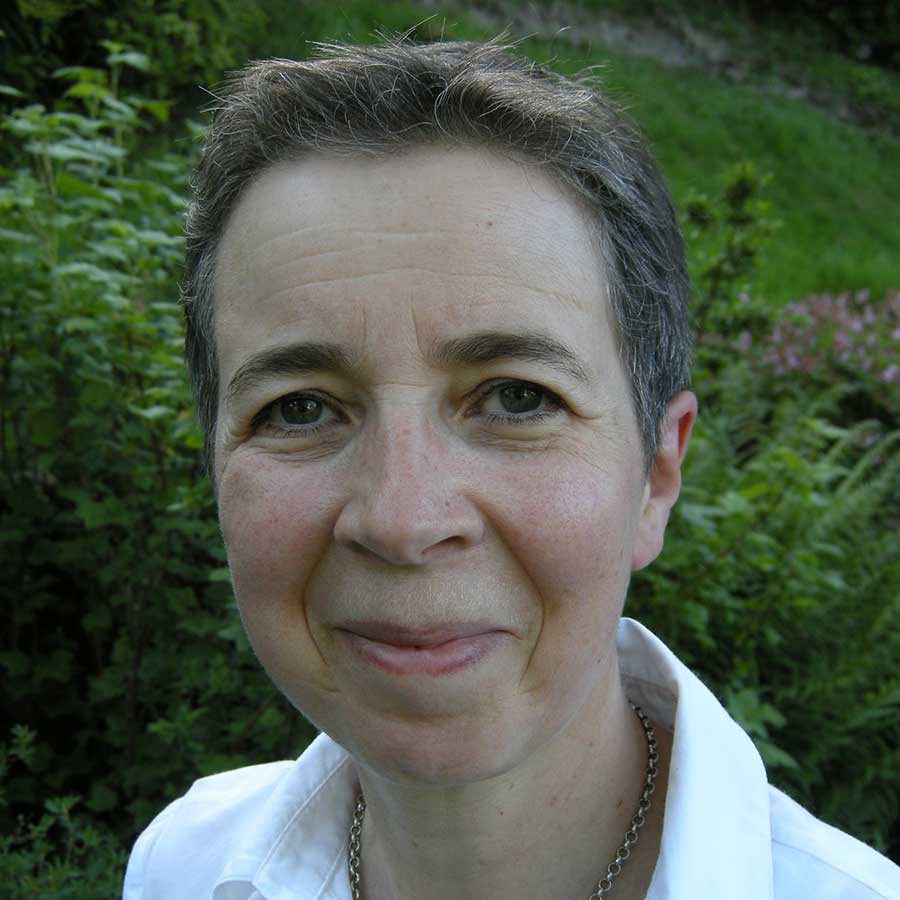
A caring, sharing circular economy – with Catherine Weetman
Catherine Weetman works with entrepreneurs, business leaders and communities, helping them move towards a circular, regenerative and fair economy. She founded Rethink Global and is fascinated by the ‘sweet spot’ where strategy, supply chain and sustainability come together. She hosts the Circular Economy Podcast, is a Mentor and Group Leader for the Circular Economy Alliance, and UKMSN.
Catherine’s award-winning book, A Circular Economy Handbook: How to Build a More Resilient, Competitive and Sustainable Business, explains the what, why and how of the circular economy. The latest edition (2020) includes a new chapter on packaging, over 100 extra examples, and many more updates.
Catherine will offer a vision of business in the near future: rethinking how we make, use and re-use everything. How will our world work better for people and planet, if all business is regenerative? What does it mean to make things last for longer, help them be shared or swapped and design them for their next ‘life’?
But more than that, how will businesses prosper in a world of finite resources – materials, land and water? How do we create a system where nature is not worth more dead than alive? How does regeneration become the core of every business model and how can we encourage that to happen?
The Masterclass will explore this most crucial theme: What if our world was motivated by purpose, not profit? What if companies created, instead of destroying value for people – customers, suppliers, workers, wider society – and our planet?
Rethink Global website is here
Circular Economy Podcast
In the face of the climate and ecological emergency, the choices we make matter more than ever. Everything we do – how we work, live, travel and socialise – can either regenerate our planet and the living systems we depend on, or destroy it. We can all be the change by making choices that are better for each of us, for future generations, and for our home planet.
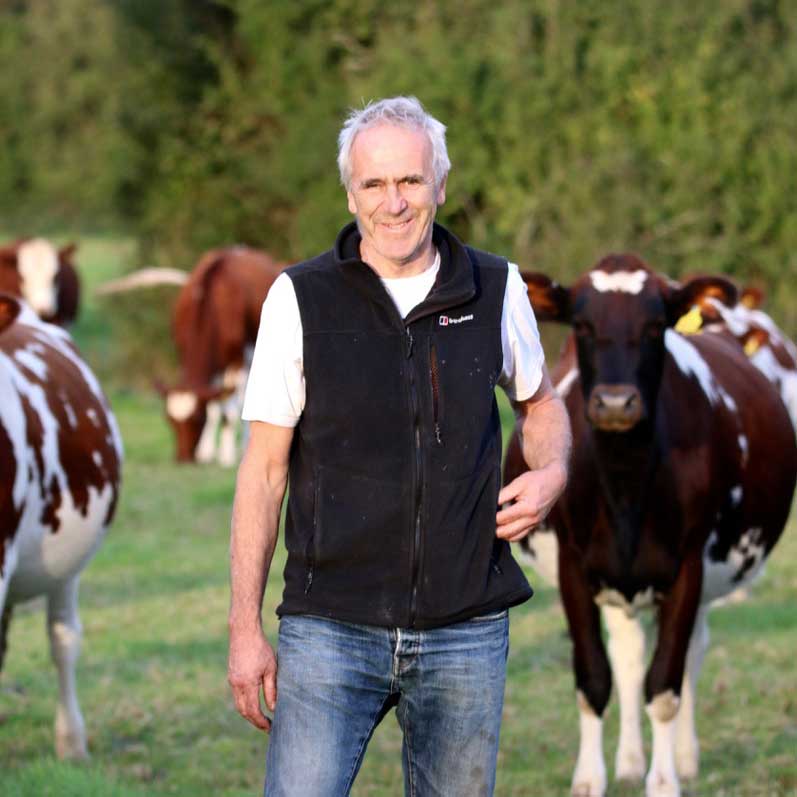
Food, farming and ecosystems – with Patrick Holden
Patrick Holden is the Founding Director and Chief Executive of the Sustainable Food Trust.
After studying biodynamic agriculture at Emerson College, he established a mixed community farm in Wales in 1973, producing at various times: wheat for flour production sold locally, carrots and milk from an 85 cow Ayrshire dairy herd, now made into a single farm cheddar style cheese.
He was the founding chairman of British Organic Farmers in 1982, before joining the Soil Association, where he worked for nearly 20 years and during which time the organisation led the development of organic standards and the market for organic foods.
His advocacy for a major global transition to more sustainable food systems now entails international travel and regular broadcasts and talks at public events.
He is Patron of the UK Biodynamic Association and was awarded the CBE for services to organic farming in 2005.
Patrick is passionate about the application of Nature’s principles of Harmony to food and farming, which is explored in the SFT’s latest initiative, The Harmony Project.
Patrick will create a vision of a world where our food production is an integral part of an entire regenerative network, balancing areas of rewilding, power production and food production with thriving ecosystems and natural spaces where people can find deep connection with the web of life. He will explore the intersection of food creation, ecosystem restoration (which won’t happen overnight, but could be well underway if we start now) and the impacts of humanity on our natural environment, as well as the health implications of food sourced locally from regenerative farms.
The masterclass that follows will delve deeply into this most foundational of questions: What if we were to feed ourselves in ways that left the land more alive after our harvest than before? How can we reach genuine abundance so that everybody has enough, nutritious food and yet our planet also thrives?
[...] we need to explore how influential policymakers can create the conditions where producing and consuming food in a sustainable way pays better than the current system, in which most of the food we eat comes from farms whose practices are contributing to climate change, biodiversity loss and poor public health.

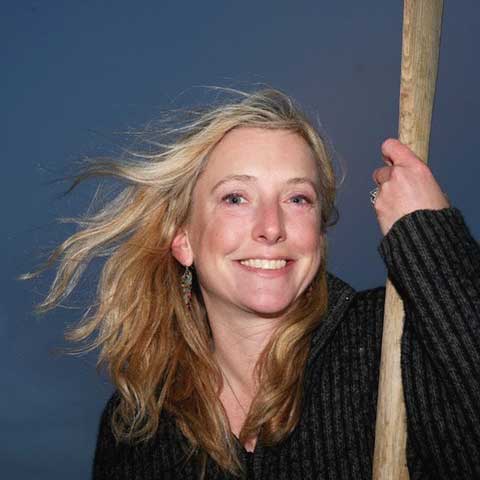
The future of work - with Roz Savage
Roz Savage is an author, speaker, and the first (and so far only) woman to row solo across the world’s “Big Three” oceans: Atlantic, Pacific, and Indian. It was an unexpected career move for a former management consultant who doesn’t much like exercise. She was inspired to brave the oceans when she realised two things: 1) we are all capable of much more than we tend to believe we are, and 2) we need to make big changes if we’re going to live fulfilling lives on a thriving planet. She holds four Guinness World Records, is a Member of the Order of the British Empire, and was National Geographic Adventurer of the Year in 2010.
Roz is passionate about each of us living to purpose as an ongoing exercise and bringing the best of ourselves into the world in service to our own evolution – individually, collectively as humanity and as part of the greater web of life. She will explore the ways we bring our time, attention and energy to bear on the things that matter in a world where the economic and political currents are shifting to a regenerative future, and where the pressure to work in order to earn the money to survive and consume is replaced by the idea that our lives are here to enrich ourselves and the living world.
In the Masterclass that follows, we will explore what our world might look and feel like if we can co-create a world where our lives feel fulfilling, whether our time is spent in personal evolution or service to the wider communities of people and place, where our reasons for being have expanded so that our daily intention is to bring the best of who we are and what we can be to a world that treats us with dignity and care. What happens if we have enough, and our needs are to serve, not to take?
The question is not ‘do we (the human race) deserve to survive?’ it’s more a question of science and physics. If we carry on taking all the good stuff out of the earth and turning it into CO2 and rubbish, that is not going to work out so well for us. On a finite planet, what goes around, comes around. I have also learned how little I need to make me happy. There’s a purity and simplicity to life on the ocean.
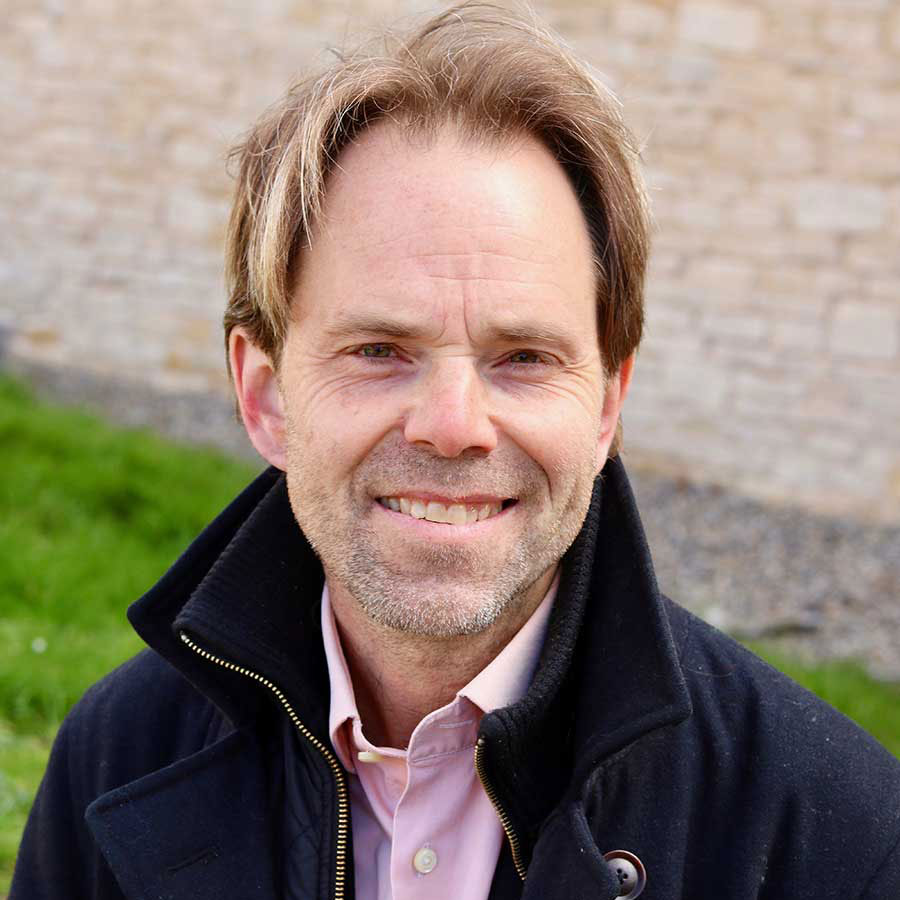
The philosophical underpinnings of our Transformative Adaptation – with Professor Rupert Read
Rupert Read is an Associate Professor of Philosophy at the University of East Anglia, an author, a blogger, and climate and environmental campaigner. He is author or co-author of over a dozen books, including, This Civilisation is Finished, Parents for the Future and Deep Adaptation: Navigating the Realities of Climate Chaos.
Rupert is the progenitor of the name ‘Thrutopia’ in an article for Huffington Post back in 2017. In this penultimate Spark session of our first course, he will recap on the philosophical underpinnings of our journey and look at the road ahead as we strive for total systemic change. What are the values that matter most as we strive to change? How do we learn to emphasis the good things about humanity; our ability to share, care, have fun, play, communicate and to think intelligently and creatively about our own futures?
Our masterclass afterwards will explore the holes in the narratives we have created over the past six months. What gaps are left and how can we fill them? How have we each changed/evolved in the process and how can we keep our own momentum towards internal systemic change? Finally: What if we were genuinely able to change the world? What would we do and what resources do we need to gather?
Rupert’s website is here.
Our world needs a positive and radical change. We need governments that put our health, wellbeing and shared ecological security before the interests of big business and the pursuit endless economic ‘growth’. We need action, and soon, against the values of greed and materialism that have placed us upon the precipice of catastrophic climate and ecological collapse. Instead, we need to value the good things about humanity; our ability to share, to care, to have fun, to communicate and to think intelligently and creatively about our own futures. And we need a new way of thinking, about politics, about philosophy, and about our role in the world.

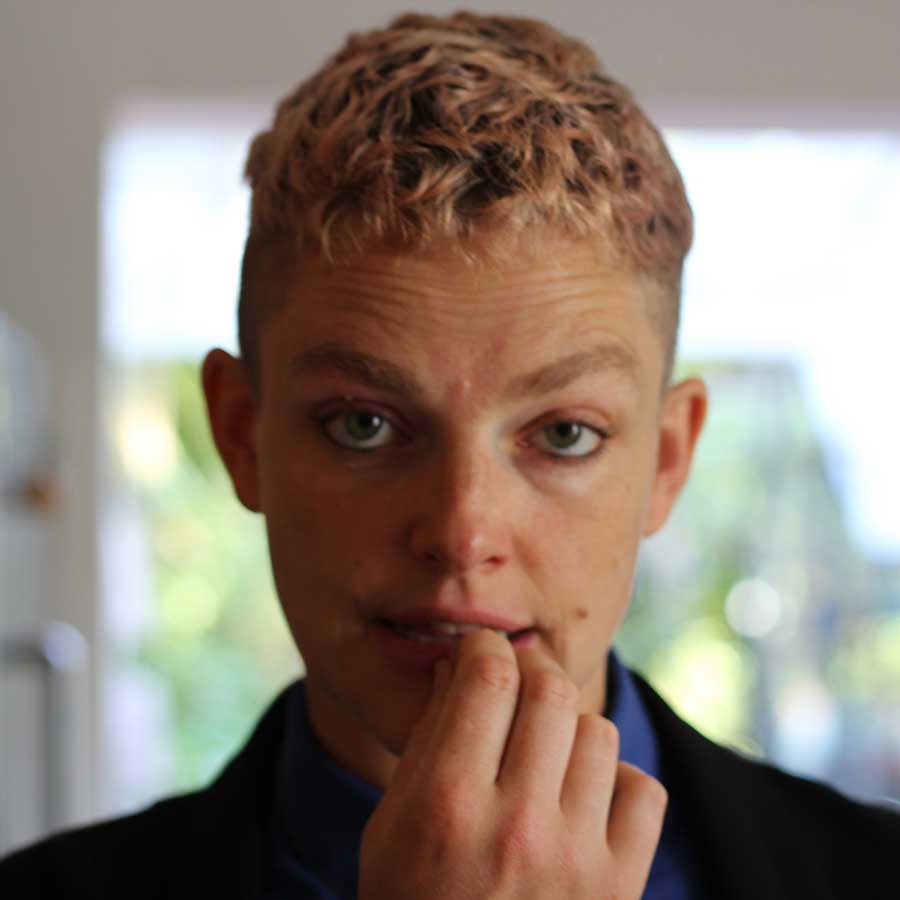
The future of a new generation: looking forward to a fully generative, equitable, flourishing future – with Tamsin Omond
Tamsin Omond is an author, environmental activist and journalist. Since dropping banners against Heathrow Airport’s third runway from the roof of the Houses of Parliament, Tamsin has consistently shifted public conversation on the climate and ecological emergency.
Listed in the Sunday Times ‘Top 30 Power-Players under 30’ and the ‘Pink List’ in the same publication, they have set up a political party (The Commons) designed to inspire young people to vote, organised a number of high profile climate actions, co-founded a Suffragette inspired environmental campaign – Climate Rush, coordinated (the successful) Save England’s Forests coalition, founded a CIC (The Momentum Project ) which mobilises the community surrounding London City Airport, led global corporate campaigns as Head of Global Campaigns at Lush Cosmetics and been a founding member of Extinction Rebellion.
In 2021 Tamsin stood for co-leadership of the Green Party of England and Wales. They are also active in queer uprising; a theatre maker and the author of two books – RUSH! The Making of a Climate Activist and Do Earth: Healing Strategies for Humankind.
As our final Spark Speaker for this year’s course, Tamsin will explore the ways forward from the perspective of Millennials and those who come after them. What does it mean to be young in 2040? How does it feel? What are our prospects and if we look back at those who came before us, for what are we grateful?
Our final masterclass will explore the nature of psychological safety: what is it and how can we find it? How can we create narratives that share its potential with others, while still creating dynamic (post) heroic journeys that embrace the best of humanity and offer hope.
We will conclude by exploring what we want as a tribe as we close. What are our next steps individually and collectively?
Tamsin’s website is here.
We are at an edge now, where we can hear the whisper from another world. What we need is to create the space where we can have the conversations that matter so that we can race towards it.
GUEST SPEAKERS
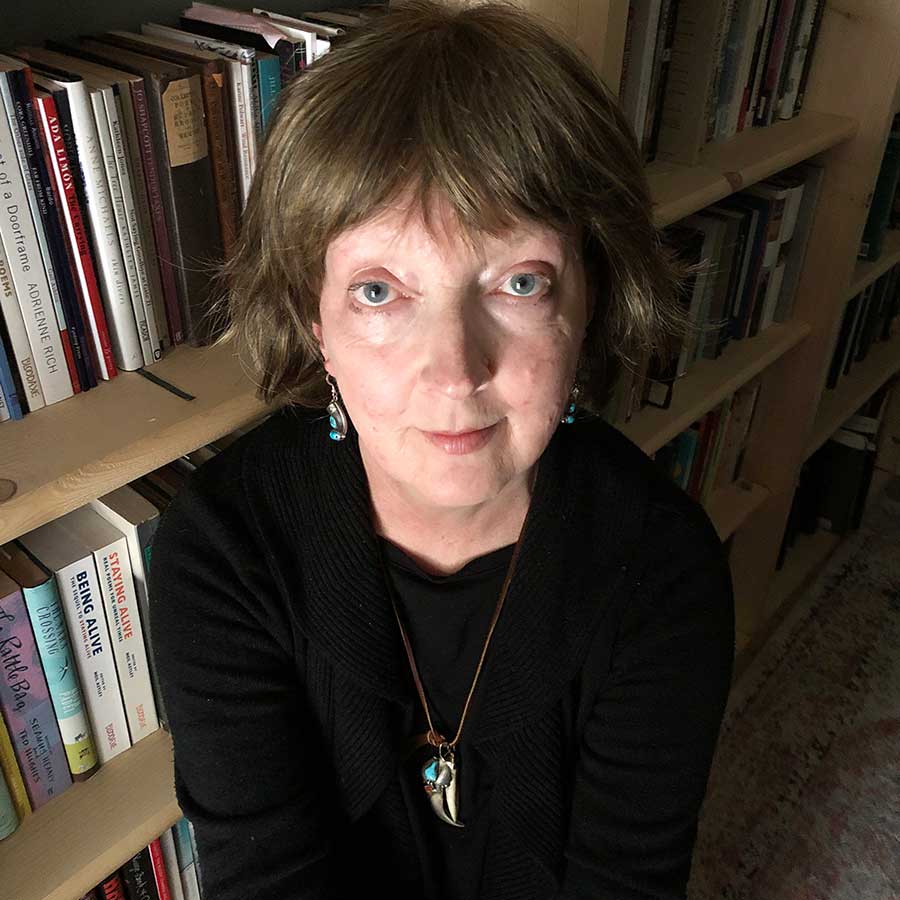
Shifting the stories we write to reflect the new cultural mythology that we’d like to inspire – with Dr Sharon Blackie
Sharon Blackie is an award-winning writer and internationally recognised teacher whose work sits at the interface of psychology, mythology and ecology.
Her highly acclaimed books, courses, lectures and workshops are focused on the development of the mythic imagination, and on the relevance of myth, fairy tales and folk traditions to the personal, social and environmental problems we face today.
As well as writing four books of fiction and nonfiction, including the bestselling If Women Rose Rooted, her writing has appeared in anthologies, collections and in several international media outlets, among them the Guardian, the Irish Times, and the Scotsman. Her books have been translated into several languages, and she has been interviewed by the BBC, US public radio and other broadcasters on her areas of expertise.
Her forthcoming book Hagitude: Reimagining the second half of life will be published on September 1st 2022.
Sharon will explore the nature of what she calls the ‘post-heroic journey’: stories which are focused on community and diversity, rather than individual glory. Stories about understanding what it means to take too much, rather than perpetuating ‘the myth of more’. Stories which reimagine the Hero for our times: less about strength or slaying the dragon, and more about compassion – and valuing the dragon’s very different gifts. How do we create the post-heroic narratives which inspire in us a sense of awe, of connection, of belonging to a mysterious, animate world which has many depths and layers to explore? Humans are nothing if not myth-makers. How then can we shift the stories we write to reflect the new cultural mythology that we’d like to inspire, and which offer us a more enriching set of values to live by?
Post-heroic stories offer us a more enriching set of values to live by. They show us what it might be like to inhabit a world in which humans are fully enmeshed.
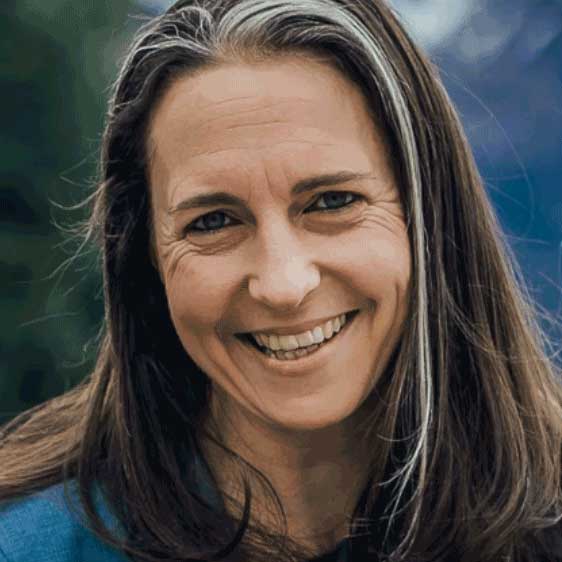
The power of narrative – with Alina Siegfried
Alina Siegfried is an author, storyteller, narrative strategist, social innovator, systems change advocate and spoken word artist based in Wellington, New Zealand. She is dedicated to helping people, organisations and businesses to connect authentically and find collective solutions to the systemic problems of our time, through story. She is author of the book, A Future Untold: The Power of Story to Transform the World and Ourselves, which explores Thrutopian ideas within the context of systems change. Prior to 2019, she worked with the Edmund Hillary Fellowship team to tell the stories of the 200+ global impact Fellows in the community. She has worked in communications across government, business, the NGO sector, social enterprise and the arts. She is a NZ national poetry slam winner under the alias Ali Jacs.
Alina’s website is here.
The world is built upon stories - stories we believe about ourselves and others, narratives about “the way things are”, and myths that define our relationship to the world around us. And because it was us - humans - who collectively authored these stories, it is us who have the power to change them.

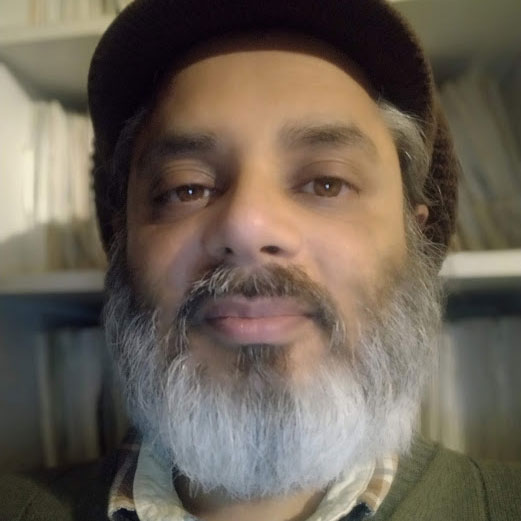
Sociocracy: exploring the social technologies we can use to make community work – with Rakesh B
Rakesh is an experienced Permacultre designer teacher, forest garden specialist, yoga teacher, homeopath and reggae DJ.
He has been designing and teaching permaculture to individuals and communities since 2009, and has taught over 500 permaculture, forest gardening, eco village design and related courses.
Rakesh’s design portfolio ranges from large scale forest gardens in eco villages through to many urban community food growing gardens, private farms and back gardens as well as designing collaborative businesses, urban water retention systems and even computer software and documentation systems.
Rakesh is also passionate about building communities, and the social side of permaculture, hence using sociocracy, dragon dreaming and other great tools and processes to create strong social bonds with clear ideas of how to creatively meet your needs in a project or community. He is also passionate about sharing his journey of self empowerment (learning how to make all the things you need for yourself rather than relying on the system to provide for you), this includes eco architecture (low impact housing); capturing and storing energy (electricity, heat, lighting, etc); fuel efficient heating systems (rocket heaters and stoves); water capture, purification and recycling systems, natural bee keeping and so on.
He is one of the founders of the Children in Permaculture project (CiP), and is also one of the founders of the Youth in Permaculture (YiP) project.
Rakesh will spend an hour with us considering social technologies that can be used to help bring people together: Sociocracy is his main field, but he can discuss dragon dreaming and other tools designed to help groups of people connect and feel heard. Come along with your questions and minds open to new ideas!
Permaculture is sense in a world in which sense is no longer common.
SIGNPOSTS FOR THE SPIRIT
Manda Scott – Writing as a Spiritual Journey
Manda Scott was a veterinary surgeon and then a novelist. Best known for the international best-selling Boudica:Dreaming cycle, and then historical novels set variously in the Roman era, Middle Ages and Twentieth century, she has co-written a Thrutopian TV series and is now working on a Thrutopian novel set in the near future. She has a Masters in Regenerative Economics from Schumacher college, is host of the Accidental Gods podcast, co-creator of the Accidental Gods conscious evolutionary course, and a regenerative smallholder. She teaches shamanic dreaming on a long-term cycle. She is one half of the core Thrutopia Masterclass creative team.
Manda’s author website is here.
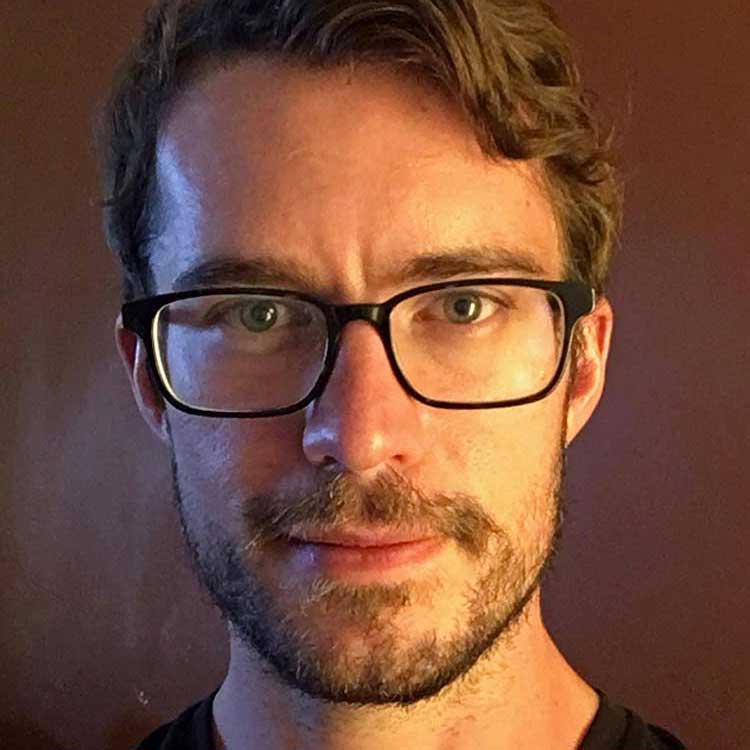
Daniel Thorson – A Spiritual Vision of Community
Daniel Thorson is creator and host of the podcast: Emerge: Making Sense of What Comes Next here he explores the relationship between inner and outer transformation. He is also on the team at Monastic Academy, which trains and cultivates wise, powerful and loving leaders for social and environmental peace. When working at the influential podcast ‘Buddhist Geeks’, he became fascinated by how public conversations can catalyse cultural transformation. In previous incarnations, Daniel was an organiser with Occupy Wall Street (in NYC), helped start Boulder Flood Relief in 2013, and founded a mindfulness education company. Daniel lives and works at the Monastic Academy in Vermont.

Mary Reynolds – A Spiritual Vision of Connection to the Land
Mary Reynolds designs ARKS – Acts of Restorative Kindness to the Earth Once a garden and landscape designer, she has come full circle and now wants to help usher land under human care back to nature, to re-wild and to be ARKed. She helps others to design spaces that allow for the maximum amount of edges and ecotones, the most diverse range of habitats that can fit on the land to create magical places hopping with life and beauty; sanctuaries for all of the native creatures that need it, places to for people to rest, recover and thrive. Author of the book, The Garden Awakening, she guides others to be Guardians, not gardeners, To be Arkevists, to enrich their lives and those of others in ways that were previously hard to imagine.
She can be found at her website.

The writing industry experts advising on how best to disseminate your work
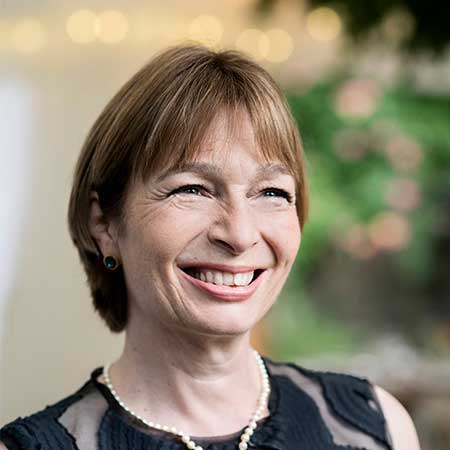
SELINA WALKER
Formerly at Transworld, Selina heads up the Century and Arrow hardcover and paperback imprints at Penguin Random House, publishers of commercial fiction and non-fiction.
She work with authors as wonderfully diverse and creative as EL James, Anthony Horowitz, Harlan Coben, Lisa Gardner, Tony Parsons, Simon Kernick, Lisa Jewell, and Katie Fforde. Later this year, she is publishing an upmarket historical novel by Lara Prescott whose debut The Secrets We Kept is the story behind the writing and subsequent publication of Dr Zhivago.
Says Selina “I love to acquire new fiction and to edit. Books have the power to change people’s lives, and I always start reading each new submission thinking this could be it — the one that does just this. And occasionally — very occasionally — it is!”


DAVID BARRON
David Barron has worked in the entertainment industry for more than 25 years, beginning his career in commercials before moving into television and film production. He has held a wide range of posts, including location manager, assistant director, production manager and production supervisor, working on such films as The French Lieutenant’s Woman, The Killing Fields, Revolution, Legend, The Princess Bride and Franco Zeffirelli’s Hamlet.
In 1991, Barron was appointed executive in charge of production on George Lucas’ ambitious television project The Young Indiana Jones Chronicles. The following year, he served as the line producer on the feature The Muppet Christmas Carol. In 1993, Barron joined Kenneth Branagh’s production team as associate producer and unit production manager on Mary Shelley’s Frankenstein. That film began an association with Branagh, with Barron going on to produce the director’s films A Midwinter’s Tale, Hamlet and Love’s Labour’s Lost. Barron also produced Oliver Parker’s Othello, in which Branagh starred with Laurence Fishburne. In spring 1999, he formed his own company, Contagious Films, with British director Paul Weiland. Barron more recently launched Runaway Fridge Films and Beagle Pug Films.[1]
He worked as a producer on Harry Potter and the Deathly Hallows – Part 1 and Part 2. He previously served as a producer on Harry Potter and the Half-Blood Prince and Harry Potter and the Order of the Phoenix. He was also an executive producer on both Harry Potter and the Chamber of Secrets and Harry Potter and the Goblet of Fire.
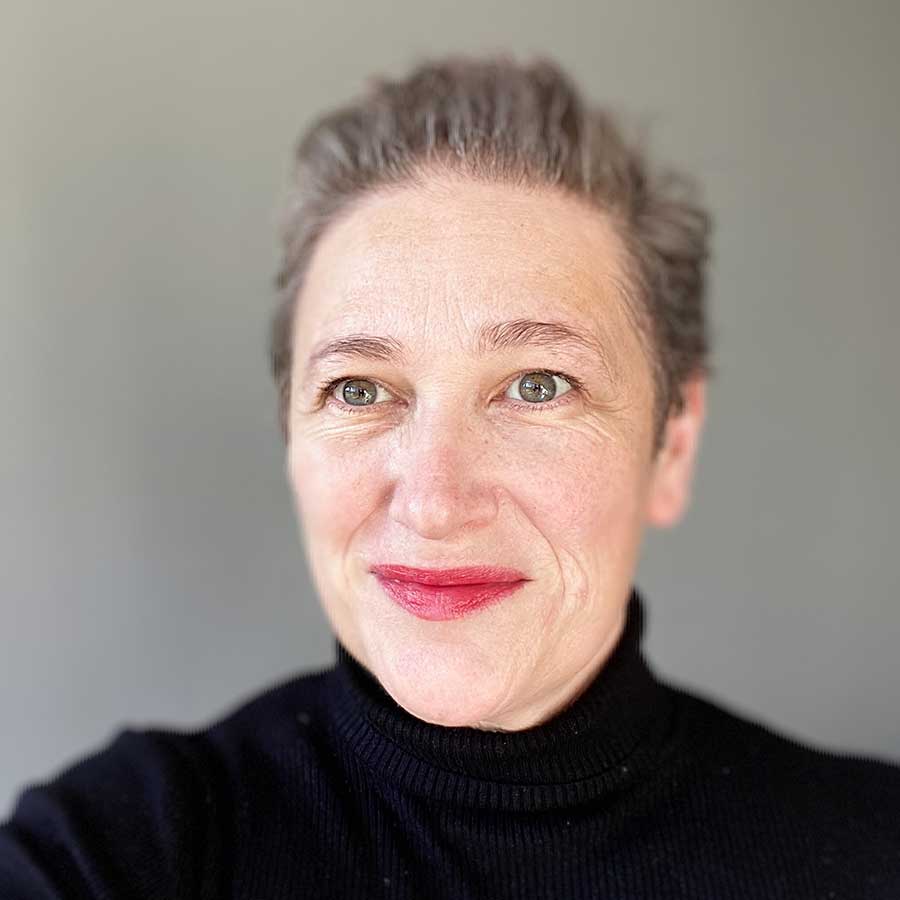
HAZEL MARSHALL
Hazel has written books for Oxford University Press, features for BBC Radio, plays for BBC Radio 4 (including the first – and only – radio dramatisation of Mary Poppins), script edited documentaries and consulted on factual tv series for the BBC, Netflix, Sky and others.
She works with teams making big budget blue chip documentary series, with people working on minimal budgets and with numerous award winning teams making series for the BBC, Netflix, Discovery, National Geographic, Apple TV & Channel 4 to create strong stories and scripts for programmes that audiences love.
Hazel worked at the BBC Academy for nearly 10 years where she was responsible for the storytelling training portfolio, developing courses, events and learning materials about story. She also worked as a story consultant on some of the biggest natural history and science series of recent years including Africa, Shark, and Operation Iceberg.
Over the last decade she has designed and delivered courses for clients making series for Netflix, the BBC, Apple TV, Discovery and independent cinema, helping them to tell the best stories possible.
She currently delivers storytelling workshops for the Screen Skills Series Producer Programme and the European wide Documentary Campus Masterschool and for many independent production companies making series for national broadcasters & all the major SVODs.

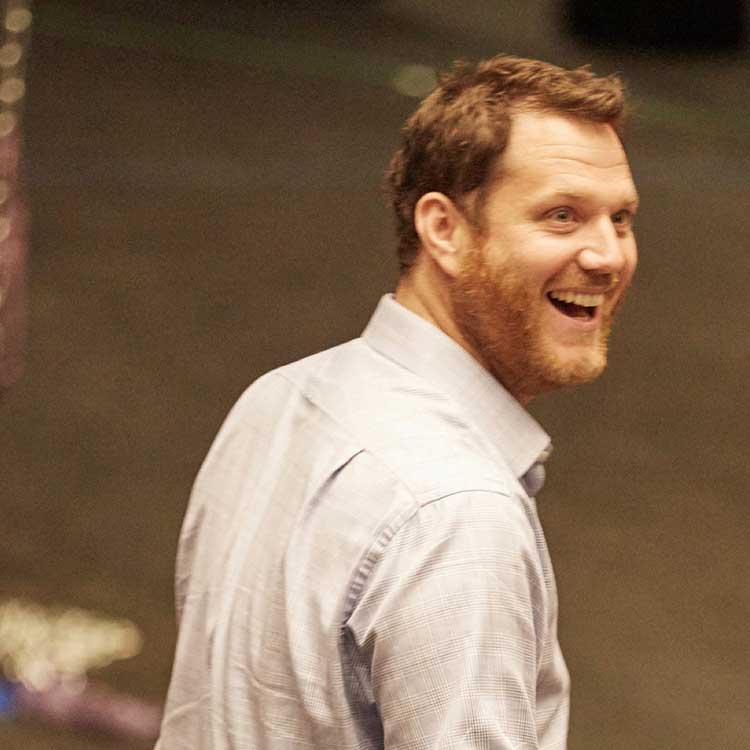
ALAN LANE
Alan Lane is Artistic Director of Slung Low directing most of their work over the last decade including projects with the Barbican, the RSC, The Almeida, West Yorkshire Playhouse, Liverpool Everyman, Sheffield Theatres, Singapore Arts Festival and the Lowry. Slung Low make large scale people’s theatre work on stages, trains, castles, swimming pools, fishing boats and town centres.
In 2017 Slung Low headlined Hull UK City of Culture 2017 with Flood by James Phillips: a 4 Part epic performed online, live and on the BBC. Over half a million people saw a part of Flood. It won a Royal Televisual Award Yorkshire for innovation in drama.
Alan has directed in places as wide ranging as the National Theatre of Croatia, a sari shop in Manchester, Buckingham Palace and in a village in Purulia, Southern India.
He was the Artistic Director for the National Commemoration of the Centenary of the Battle of the Somme on 1st July 2016: a ceremony with a people’s theatre company of 450.
In 2018 Slung Low, with support from the Paul Hamlyn Foundation, will open a new Cultural Community College in Leeds offering a full range of cultural lessons in activities from South Indian Cooking to Blacksmything, star gazing to documentary film making and much in between.
In 2019 Slung Low took over management of the oldest working men’s club in Britain, The Holbeck in South Leeds: they run this venue as a Pay What You Decide creative and community space.
During the Covid crisis of 2020 the company was the ward lead for the city council’s coronavirus helpline with responsibility for 7500 homes. They run a non-means tested self-referral food bank.
